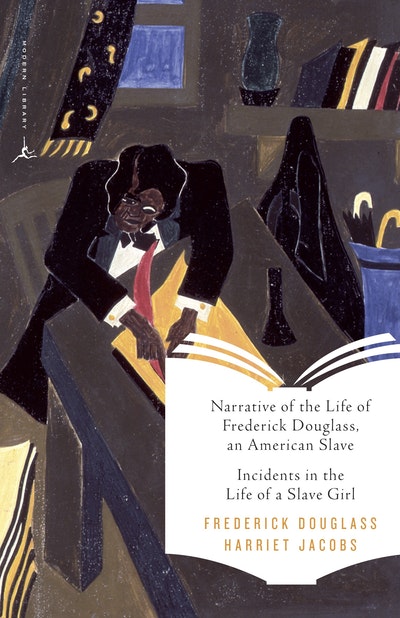The two great nineteenth-century slave narratives in one volume, with an introduction by Anthony Appiah.
Introduction by Kwame Anthony Appiah
Commentary by Jean Fagan Yellin and Margaret Fuller
This Modern Library edition combines two of the most important African American slave narratives—crucial works that each illuminate and inform the other.
Frederick Douglass’s Narrative, first published in 1845, is an enlightening and incendiary text. Born into slavery, Douglass became the preeminent spokesman for his people during his life; his narrative is an unparalleled account of the dehumanizing effects of slavery and Douglass’s own triumph over it.
Like Douglass, Harriet Jacobs was born into slavery, and in 1861 she published Incidents in the Life of a Slave Girl, now recognized as the most comprehensive antebellum slave narrative written by a woman. Jacobs’s account broke the silence on the exploitation of African American female slaves, and it remains essential reading.
Includes a Modern Library Reading Group Guide


